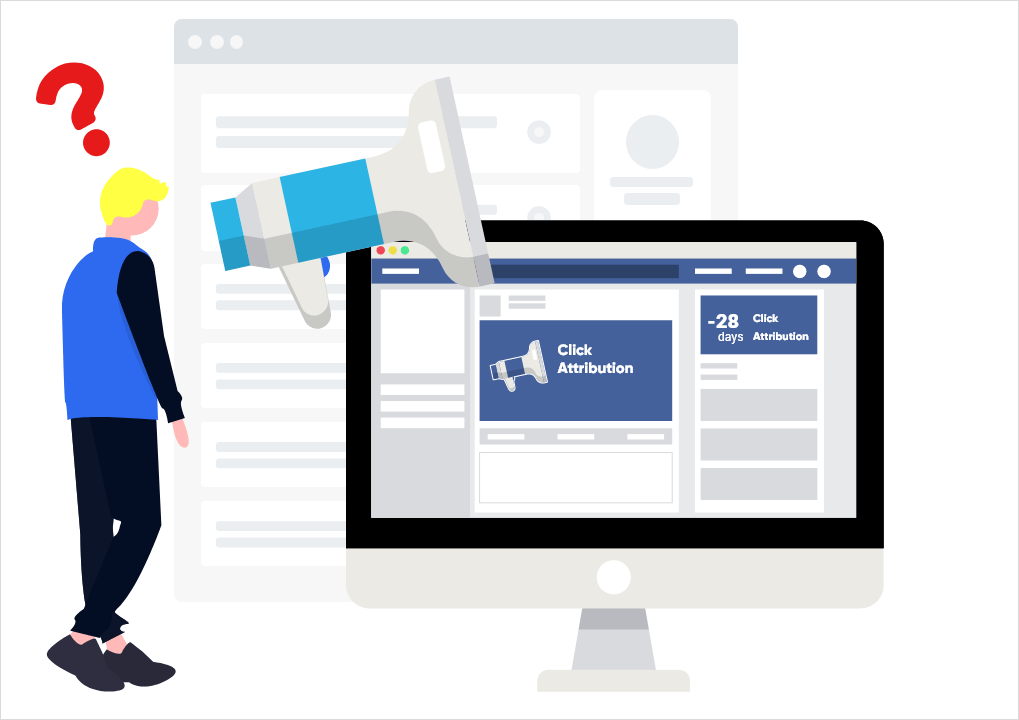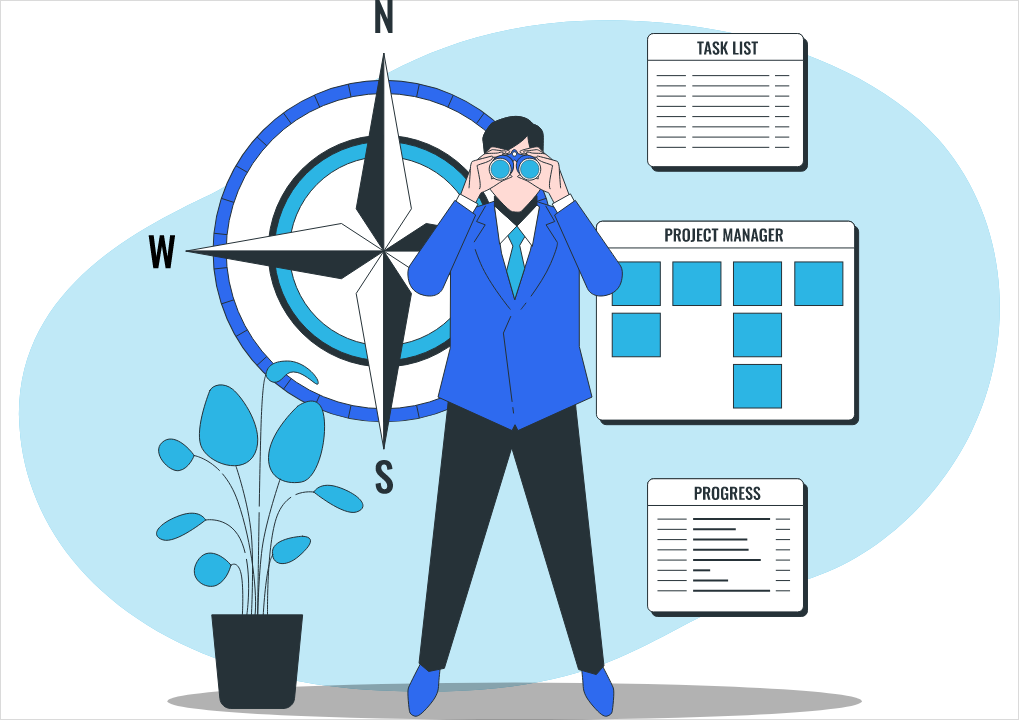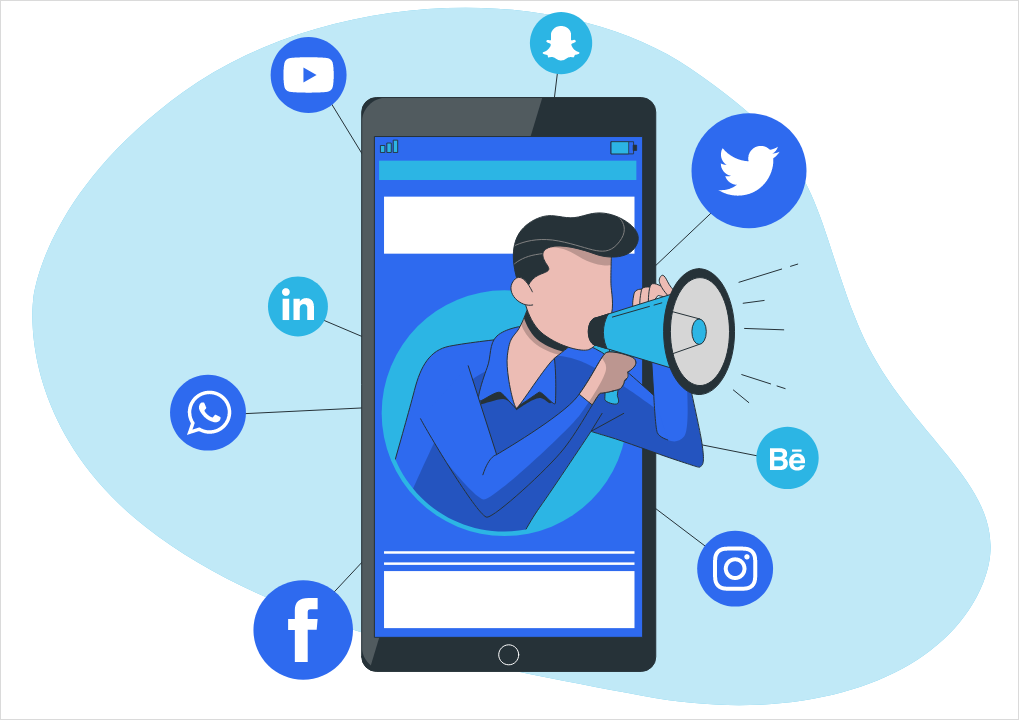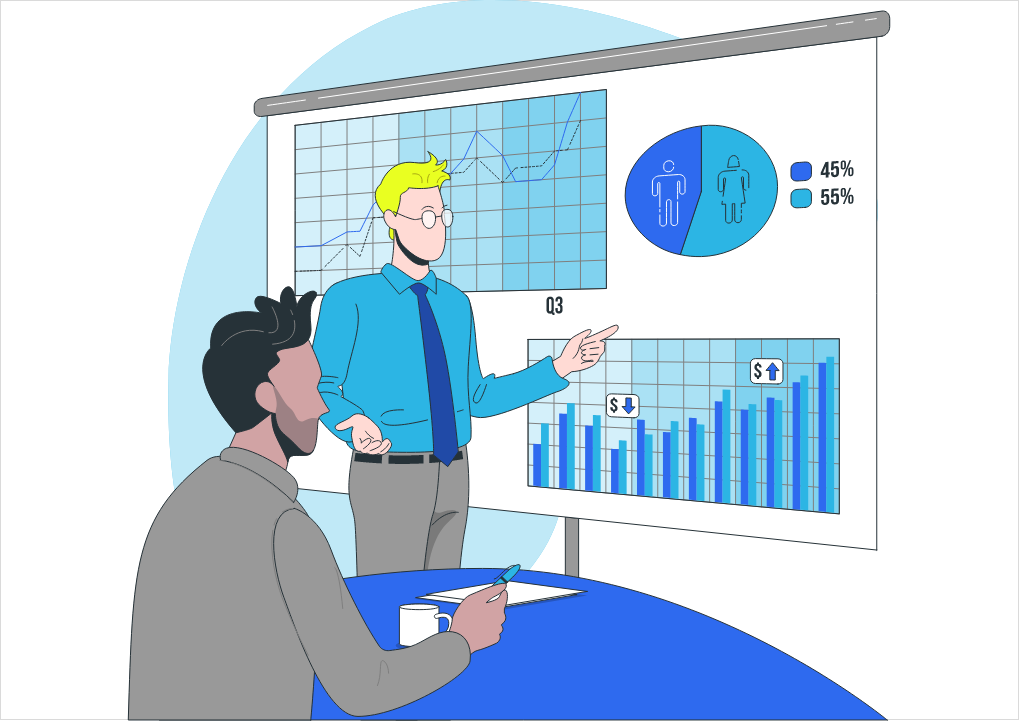Facebook is making a non-trivial change and it seems like it is trying to keep it on the down-low. Gil David and others report that Facebook reps have been telling them that they’re removing the 28-day click attribution in October.
A few people online and with whom I spoke are minimizing the impact. They correctly point out that most of us use the 7-day attribution window. Plus, with the browsers increasingly making changes like deleting cookies after a week or so, this is less relevant.
To which my response is, “Maybe!”
A few observations on this change:
First, to make the best campaign decisions we need every piece of information we can get. Having this data for a subset of your users is much better than not having it.
In other words, one of our key principles is: some data is always better than no data. So any piece of data removed makes it a bit harder to understand what is happening.
Second, this hurts the most sellers of high-ticket items. Cheap items you usually see an ad for and then buy fairly quickly. But the more expensive it is, the more time you take to research–sometimes even months. Compare that ad for a $1 product you saw, clicked, and bought as compared to the ad for that trip to Paris that you spent 3 months planning.
Third, within the “high-ticket items” category, this hurts the B2B universe, merely because it’s a more extreme version of the high-ticket items. Not only is it more expensive, but company bureaucracies often spend months choosing between all the options.
Fourth, this is consistent with Google’s and Facebook’s long-term trends of removing useful and important information from the hands of ad providers, because they’re trying to automate as much as possible.
The more cynical among us would say their primary objective in doing so is to purposefully make campaigns less effective–the opposite of their stated goals. Why? Precisely so they can charge more. If every $1,000 you spend doesn’t get you 10 sales, but instead 9, then you’ll have to spend $1,111 to get those same 10 sales. Google and Facebook win; you lose.






